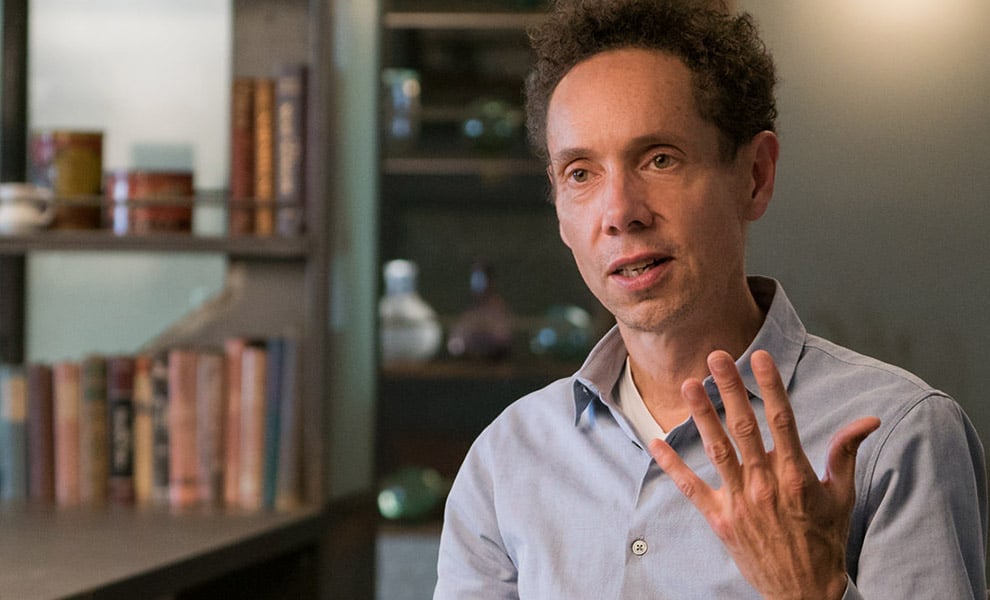THINK LIKE A PRO

Argumentative Essay
In 24 lessons, Blink and The Tipping Point author teaches you how to find, research, and write stories that capture big ideas.
There are three main ways to structure an argumentative essay. Choose one of the following or combine them to write your persuasive paper:
- Classical. Present the main argument, state your opinion, and do your best to convince the reader why your stance is the right one. Also called Aristotelian is the most popular strategy for making an argument because it’s the most simple line of thinking to follow. It’s effective when your audience doesn’t have a lot of information or a strong opinion about your topic, as it outlines the facts clearly and concisely.
- Rogerian. Present the problem, acknowledge the opposing side of the argument, state your point of view, and explain why yours is the most beneficial to the reader. This type of argument is effective for polarizing topics, as it acknowledges both sides and presents the middle ground.
- Toulmin. Present your claim, present grounds to back up that claim, and then justify that the grounds are linked to the claim. This type of argument is also effective for polarizing topics, but rather than present both sides, it presents one, hinging particularly on facts presented in a way that makes the claim difficult to argue with.
Whether you’re writing an essay as an artistic exercise or trying to get the attention of a top publication, knowing how to structure your point of view correctly is the key to a good argumentative essay. Renowned nonfiction storyteller and bestselling author of Blink and The Tipping Point, Malcolm Gladwell has spent decades honing his craft. His books have helped millions of readers grasp complex ideas like behavioral economics and performance prediction. In his class, Malcolm provides insight into how to research topics and distills big ideas into simple, powerful narratives.
Want to become a better writer? The MasterClass Annual Membership provides exclusive video lessons on plot, character development, creating suspense, and more, all taught by literary masters, including Malcolm Gladwell, Neil Gaiman, Dan Brown, Margaret Atwood, David Baldacci, and more.



